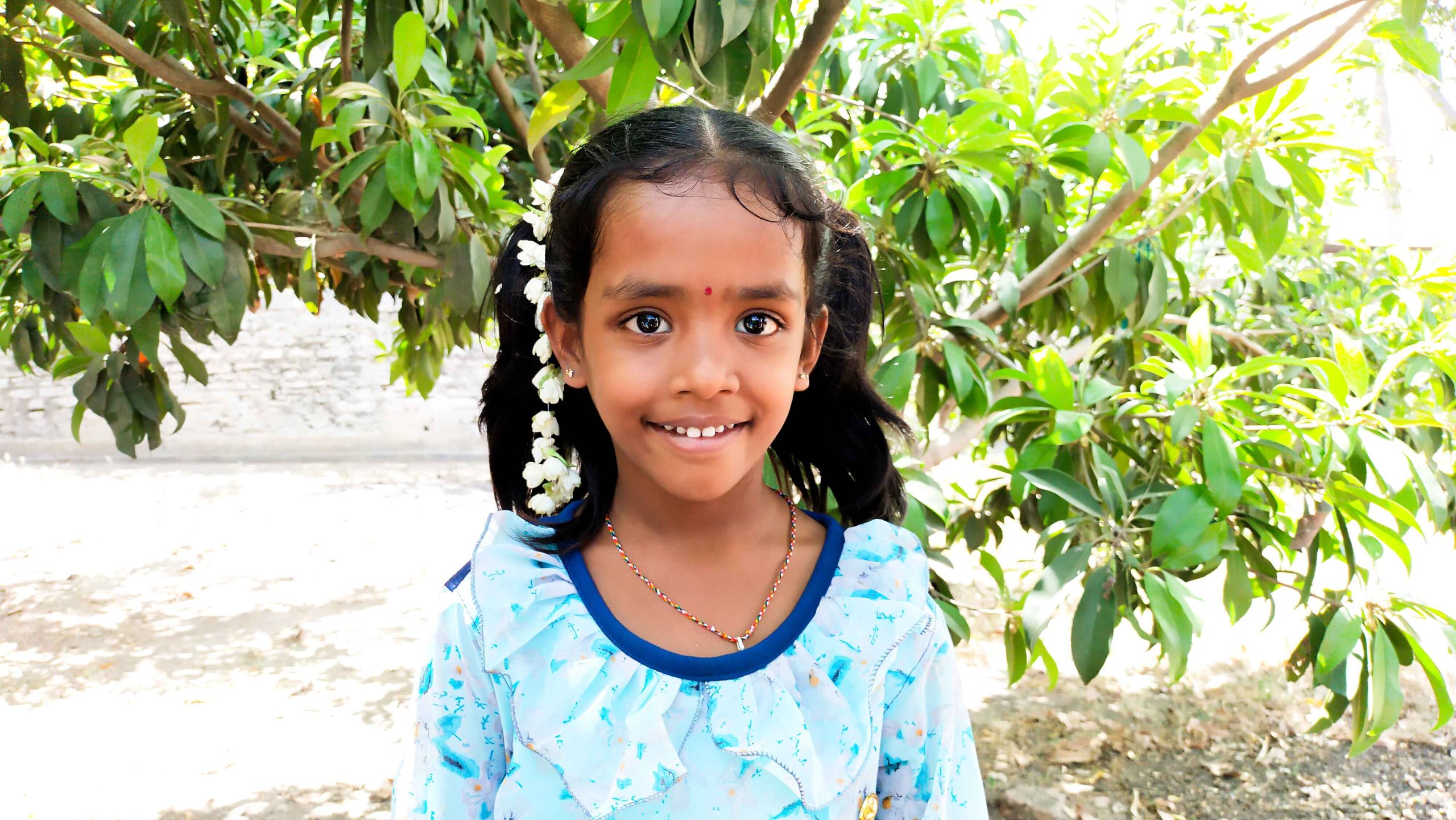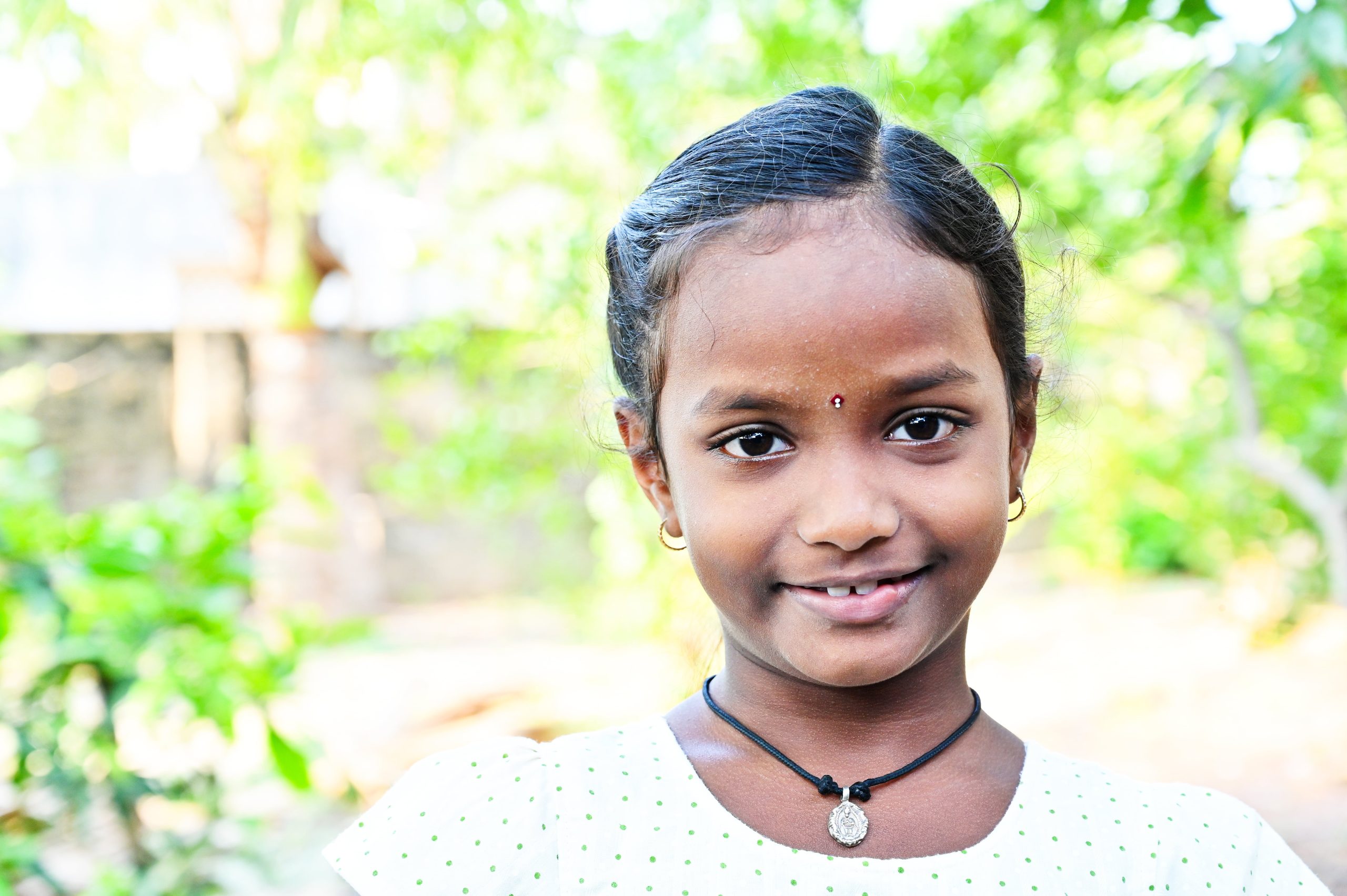Arnav* and Gowri* had always dreamed of having a son. After several years of marriage, Gowri* finally became pregnant. The couple was overjoyed, seeing their future child as a blessing. However, when their baby was born, they were disappointed to see that they had a daughter. They named her Saloni*.
Knowing that Gowri’s health might prevent future pregnancies, the couple gradually came to accept their daughter. Saloni’s early birthdays were joyful occasions filled with gifts, laughter, and new clothes—precious memories as a family.
Then everything changed. Against the odds, Gowri got pregnant again, and gave birth to a baby boy. The long-awaited “heir” had arrived. From that moment on, the family’s attention and affection shifted entirely to him. Saloni, once cherished, became almost invisible.
Her birthdays stopped being celebrated. She no longer received gifts or new clothes. Her brother was enrolled in a well-known English-medium school and joyfully rode a school bus each day; while Saloni was sent to an underfunded public school and had to walk there alone. Watching her brother leave each morning, her heart grew heavy—but she kept going because she wanted to continue learning in school.
Because she was neglected at home, school became her safe space. Her teachers and friends offered the encouragement and warmth she lacked elsewhere. She began to dream of a different future—one where she could learn, grow, and stand on her own.
But her dreams were soon threatened. Saloni’s parents decided to pull her out of school and send her to work. “She’s a girl,” they said. “She won’t earn for the family. Soon, she’ll be married anyway.”
Devastated, Saloni confided in one of her teachers. “I want to keep studying,” she whispered. “But my parents say I have to stop. I might not be able to come back next month.”
Her teacher, deeply moved, reached out to our social worker. Together, they visited Saloni’s home and sat down with her parents. When asked why they wanted to end her education, her parents responded, “She’s just a girl. What’s the point? We’ll marry her off soon.”
It was heartbreaking to hear. With compassion and honesty, we talked with them about the value of girls, the lasting harm of child labor, and the dangers of early marriage. We also reminded them of the laws enacted to protect children from such futures.
Through tears, Saloni found the courage to speak up for herself: “I want to study.”
After a long and emotional conversation, her parents finally agreed to let her stay in school. It was a victory—but just the beginning. To protect her future, she will continue to receive close support and monitoring from our team.
Without someone to speak up for her, Saloni—a bright, determined girl—might have been forced into child labor and an early marriage as a child bride, unable to finish her education. However, the social workers and partners of Invisible Girl Project acted quickly to provide life-transforming support to Saloni, as we have done for over 1,000 girls now.
Saloni’s story is one of IGP’s many stories of empowerment and hope. Every day, girls in India face struggles much like hers. IGP is dedicated to reaching these precious girls and giving them opportunities for a bright future. We are the sole international humanitarian organization working with grassroots organizations in India to prevent female gendercide and trafficking and to protect and save girls’ lives.
*Names changed for privacy.




